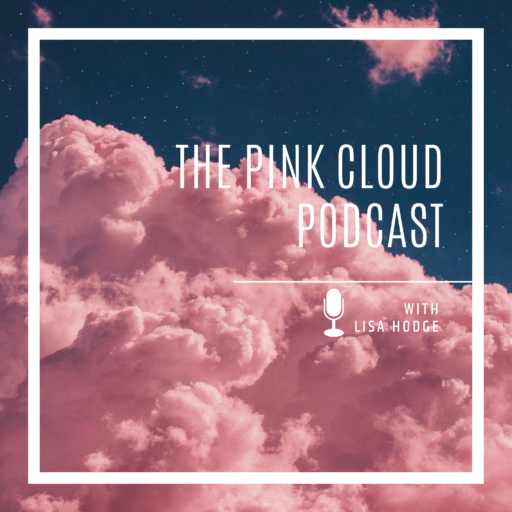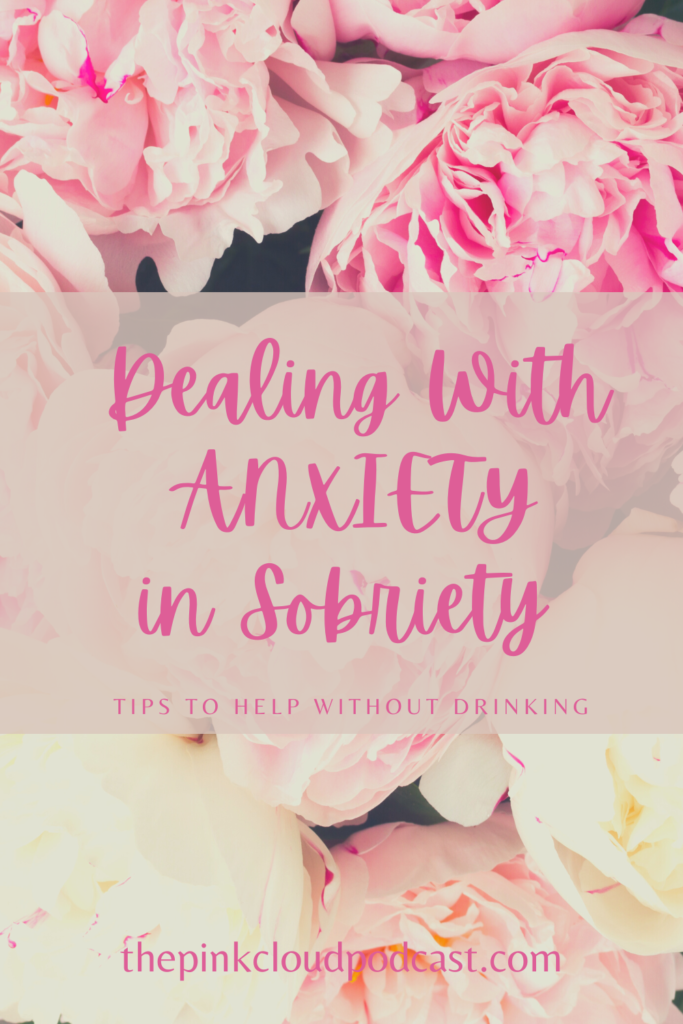Dealing with anxiety in sobriety can be so hard, and the absolute hardest part at the start is not picking up a drink to ease the feelings.
I’ve been there. I suffered from anxiety for years and would drink to stop the anxiety. But it never worked. I never stayed drunk (or sober) long enough for the anxiety to truly be dealt with. It didn’t get better until I finally stopped drinking and learned how to deal with anxiety.
In this post I’m sharing the 4 methods I learned to ease anxiety without using alcohol. I’ll be covering
- How to create a Meditation routine to help with emotions
- Journaling and writing out why you are anxious using a simple method
- How to reach out for help when the anxiety creeps in
- Creating a sustainable and fun Exercise routine
Disclaimer: Some blogs are written by doctors and medical professionals that are legitimate experts on anxiety, mental health and medication. This is not one of those articles. I am just a sober alcoholic that has been dealing with anxiety in sobriety sharing what has worked for me.
So if you are newly sober and dealing with anxiety, you’re not alone. You can ease anxiety and still stay sober.
My Anxiety Struggle
I was always anxious and I would drink, then wake up in the morning with my anxiety even worse than before, followed by the hangover isolation, followed by more anxiety. When I got sober, I didn’t have the alcohol to quickly fix the feeling which was what I was used to. So I needed to find other ways to ease my anxiety in sobriety. I now have a meditation routine, I exercise regularly, I journal and I call someone when I feel my anxiety creeping in, and lastly, I don’t drink.
Meditation
I first started implementing meditation when it was introduced to me in outpatient rehab where we used the Dialectal Behavioral Therapy, or DBT. Mindfulness and meditation is the core tool I use to help my anxiety. I’m anxious by nature, and I’m not sure if that will ever go away completely, but it is no longer debilitating and it no longer runs my life. Through a meditation practice, my mind has gotten quiet and I can sit still. I can be an observer and not a reactor. When my first thought is to panic, I can take a breath and center myself and not let the emotions overcome me.
Here is what to do. When you wake up in the morning, set 10 minutes aside for mindfulness and meditation. You can play a guided meditation using an app or YouTube, or simply sit in silence. Note that it will take a few minutes for your mind to completely quiet down. I like to think of it like a car speeding down the freeway going 90mph, once you start to apply the brakes, the car will slowly and eventually come to a stop, but it won’t happen instantaneously. Pay attention to your breathing, and observe your thoughts instead of chasing them. It gets easier overtime and you will feel the effects of being calm all day.
You May Also Like: Benefits of Being Sober
Journaling
A great way to help your anxiety in sobriety is to track it. Start writing down when you start to feel anxious and after a while you will start to see a pattern of triggers. In addition to writing down the time you’re feeling anxious, also write down the feelings and causes. I like to do an inventory which I learned how to do in a 12 step group.
Write down what is making you anxious in the first column, the second column, write down what happened and what your feelings are. Usually this column is long and it is messy writing filled with every emotion you’re feeling. The third column write down what is being effected. I find that when I am anxious, it is most likely fears. Fear I’m going to lose something I have, or fear I will not get what I need. The final column, write down what your part is. Most of the time it is my need to control the situation or people, place, thing, and fear it won’t go the way I feel it needs to go. After I finish writing I am calmer and can see it from outside view. I pick up the phone and call someone that I can talk to about it, which leads me to the next step.
Reaching out for help
If your anxiety is debilitating and you are thinking of self harm or are in danger of drinking or doing harm, please call 911 or the doctor. This is for general anxiety.
Ego and self-will is a common trait amongst addicts and alcoholics. We don’t like to ask for help so picking up the phone and telling another person we are in trouble and need help doesn’t always come easy. I have found this simple text works.
“Hi, I’m ok, I don’t want to drink but I need to talk”
The simple act of reaching out starts to ease any thoughts I have, and speaking the words out loud takes away the power of the fear. Utilize a close friend or sponsor for your go to person when things get rough.
Exercise
You don’t need to have a crazy and rigorous workout routine, but you NEED to move daily. Take a walk, walk the dog, walk to the park, yoga, gym. Anything. Being sedentary is dangerous for alcoholics and even worse for anxious alcoholics.
Set 30 minutes aside at least 3-4 days a week for your routine. I go to the gym regularly, but the days I cannot make it, I do 10 minutes of Yoga Sun Salutations.
If you’re ready to find a solution for your anxiety in sobriety, try these 4 methods! I’d love to hear about your experience after trying them. so please feel free to drop a comment.
xoxo
Lisa H


One Response